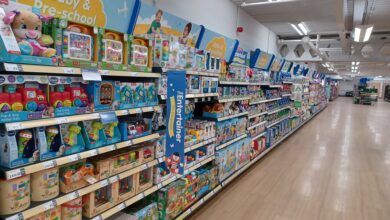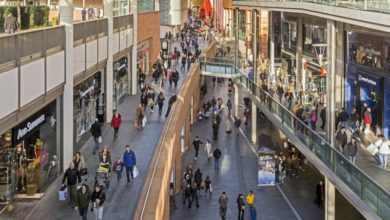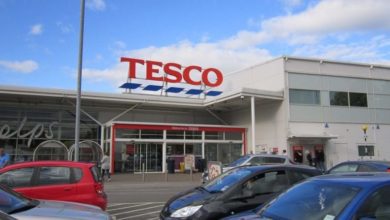How can retailers utilise queuing psychology?

Retailers must do everything they can to ensure that for customers, their waiting time at the till is not perceived as a negative experience that mars their shopping trip. Harnessing effective queuing measures could be key to maximising customer retention.







